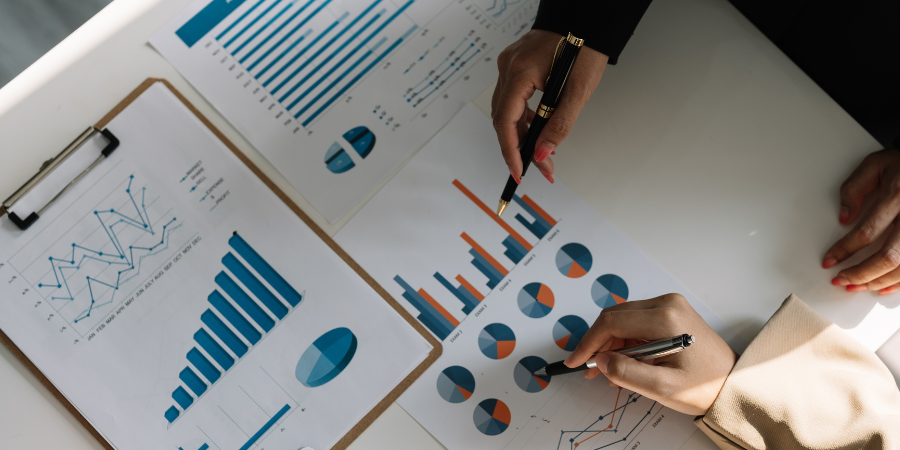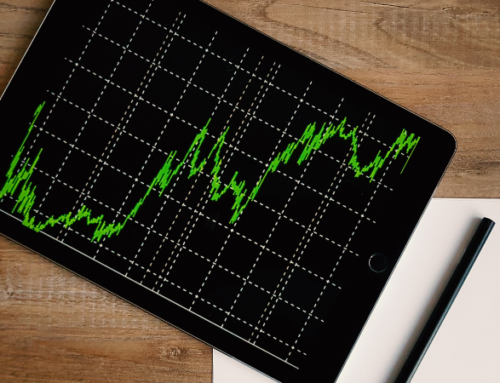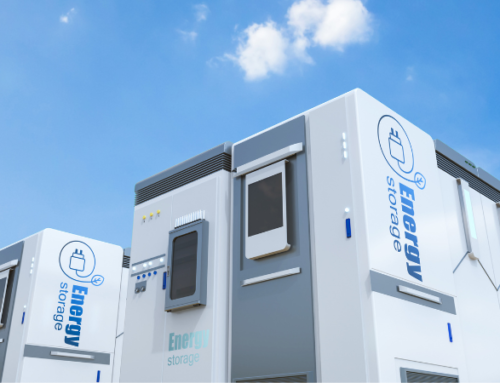Developing an energy strategy for your organization is critical no matter the size of your business. Depending on your operation, energy might be a significant expense item on your income statement. On the other hand, having a plan in place to become more sustainable might be what’s important to you. This article outlines the steps to take to build an effective business energy strategy.
Why An Energy Strategy Is Important For Your Company
There are several reasons why having an energy plan in place for your business is important. And, each reason speaks to the individual goals of your business or organization. Some of the more common benefits that an energy strategy allows for include:
Cost Projections/Savings
Having a solid energy financial plan in place is critical to reducing expenses and increasing profits for your organization. And, just paying less for energy is never enough. An energy efficiency plan allows you to plan out future projects, project your returns, and even forecast future profitability.
Environmental Impact and ESG
Many organizations are focused on offsetting their carbon footprint and increasing their ESG scores. This is merely impossible without a well-planned energy strategy. Projects such as commercial solar installations, building automation system tune-ups, and purchasing renewable energy supply allow you to reduce your negative impact on the environment.
Better Electricity Supply Rates
One often overlooked aspect of an energy efficiency plan is that you can qualify for less expensive electricity rates from retail energy suppliers. If you are able to reduce your peak demand in the Summer months, your total supply costs for capacity charges will also decrease. But, signing up for the right type of electricity plan is critical to take advantage of these savings. Contact an energy broker for more information on how to take advantage of supply-side energy efficiency savings.
What Is An Energy Efficiency Strategy?
An energy efficiency strategy entails developing a plan to meet energy usage or curtailment, goals in a certain time frame. This strategy could be robust and include energy efficiency construction projects, or simply mean changing energy behavioral patterns in your business. Here are the steps to developing an effective plan for your business.
How To Develop Your Business Energy Plan
Simply trying to use less energy by turning off light switches and managing HVAC thermostats is not enough to have a significant impact on your business energy bills. Here is a step-by-step guide for creating an energy strategy, written by industry experts.
Step 1: Conduct An Energy Audit
First, an assessment of your energy usage is critical to gain an understanding of your vulnerabilities or energy weaknesses. A building audit can be done by an energy engineering firm to evaluate HVAC systems, chillers, pumps, boilers, air handlers, BAC systems, windows, motors, etc. This step will allow you to get insights into how your building uses energy and areas to focus on for improvement.
Step 2: Perform A Utility Analysis
Next, you want to look at your utility statements to see how your usage translates into costs. At this stage, you may want to even consider a utility bill audit to ensure accuracy in your billing statements. Commercial utility bills often contain errors and one of the main benefits of a utility bill audit is that you can recover these overpayments in the form of a refund.
Step 3: Implement Energy Modeling
Then, an energy efficiency firm or engineer can make recommendations for energy savings and model the potential savings that each project might generate. This might include installing LED lighting, re-sequencing BAC systems, or recommissioning a building automation system. At this stage, it’s important to weigh the costs and benefits of each potential solution.
Step 4: DetermineYour Energy Milestones
Finally, you can develop an energy efficiency plan for your business with milestone dates and goals. You might not be able to implement every solution at once, so be sure to prioritize those that give you the best return.
How Hiring A Commercial Energy Broker Can Help
If you’re thinking about developing an energy plan yourself and going at it alone, you might be surprised by its complexity. Energy can be complicated to understand and without an expert in your corner, might seem impossible.
Hiring the right energy broker to guide you in developing your energy strategy is critical. Not all energy brokers are created equal. It’s important to find a broker that also offers energy efficiency solutions and understands how to negotiate with energy suppliers in order to maximize your savings. Look for an energy brokerage company that:
- Offers hybrid energy supply contracts
- Has or offers renewable energy solutions
- Employs energy efficiency professionals
Many energy brokers are simply focused on commodity supply rates rather than a building’s energy usage as a whole.
Why Hire Us?
At Diversegy, our team has over 100 years of combined energy experience dealing with buildings of all shapes and sizes. Not only can we find you the best supply prices in the market, but we also have the acumen to help you reduce your usage through energy efficiency protocols. Contact our team today to start working on your energy strategy.



